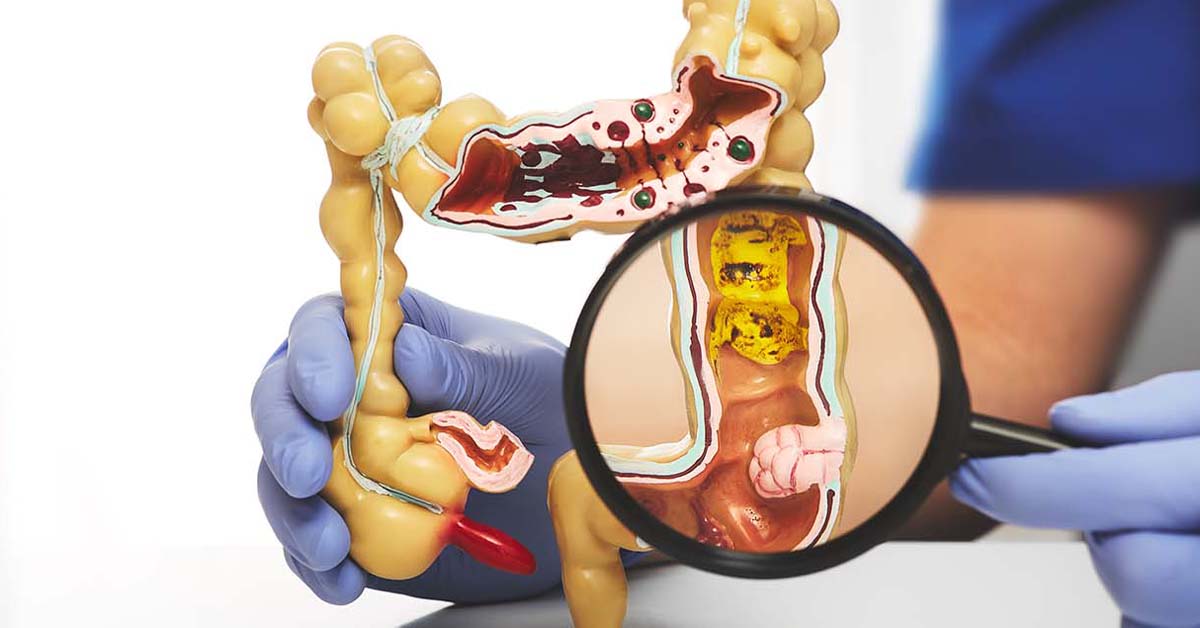There is no doubt that rectal cancer, which affects the final section of the large intestine, requires a highly individualised approach to treatment. Gone are the days when medical science provided the one-size-fits-all solution for such critical issues.
But thanks to advanced technology and a wealth of diagnostic approaches, nowadays, doctors can personalise rectal cancer treatment in Melbourne.
In this blog post, we will discuss the key factors and procedures that enable clinics to customise therapies, which is aimed at improving outcomes and a better quality of life for patients.
Key Factors in Rectal Cancer Treatment Planning
Before deciding on the customised plan for rectal cancer treatment in Melbourne, your physician must recommend a lot of physical examinations, such as MRI, endoscopic ultrasound, computed tomography, and blood tests, to assess the severity of the disease.
Needless to say, evolution is one of the most important steps to help the team of doctors when it comes to the most effective treatment regimen. Treatment plans may include the following steps:
- Surgery
- Chemotherapy
- Radiation therapy
Rectal cancer treatment in Melbourne depends upon several factors, including
- The size and location of the tumour in the rectum
- The stage of the tumour
- Degree of metastasis
There are several stages in rectal cancer, and they are stage I, stage II, stage III, stage IV, and recurrent rectal cancer. During the development of personalised treatment, clinics also use a multidisciplinary team approach, meaning several specialists from different backgrounds, including colon and rectal surgery, medical oncology, and radiation oncology, treat your problem.
In addition, they also use advanced techniques such as genetic profiling and immunotherapy according to the specific characteristics of the cancer.
Staging and Evaluation
First of all, the team of experts gathers all the information related to the patient’s overall health and whether there are any pre-existing conditions. After that, they will perform several tests to identify the severity of the cancer, such as with MRI, endoscopic ultrasound, CT scans, and blood tests.
Rectal cancer treatment in Melbourne Options and Sequencing
Based on the type and severity of your condition, doctors may opt for a single therapy or a combination of therapies such as surgery, chemotherapy, and radiation therapy. Keep in mind that the surgical approach is based upon the intent of the surgery, preservation of anal continence and genitourinary functions, and the size and location of the tumour.
Apart from that, chemotherapy and radiation therapies can also be used to treat rectal cancer and In some cases, non-operative management, including chemotherapy followed by radiation, may be an option for patients with localised rectal cancer.
Advanced Techniques
Modern clinics are using advanced techniques to personalise rectal cancer treatment in Melbourne. Genetic profiling, which involves analysing the tumour’s DNA to pinpoint specific mutations or alterations, plays a crucial role in guiding the selection of targeted therapies, immunotherapies, or relevant clinical trials.
Immunotherapy, a promising approach that harnesses the body’s own immune system to combat cancer cells, is also being tailored based on individual tumour characteristics. These strategies are central to the broader concept of precision medicine, enabling the creation of highly focused treatments that directly address specific gene mutations.
This personalised approach holds the potential to significantly enhance treatment effectiveness while minimising unwanted side effects for patients.
Multidisciplinary Approach
Once the treatment plan is determined, the specialists from various fields form a group to create a comprehensive care plan. It also considers patients’ goals and references. In addition, the clinics also provide a supportive environment and care team to address the patient’s requirements.
Ongoing Monitoring and Adjustments
The personalisation of rectal cancer treatment in Melbourne also involves dynamic adaptation based on a patient’s individual journey. Response to treatment is a critical factor, which allows medical teams to adjust treatment plans based on how the cancer reacts to chemotherapy or other therapies. Furthermore, participation in clinical trials can offer patients access to advanced and potentially more effective treatment modalities.
Get in Touch with Us!
The personalisation of rectal cancer treatment represents a significant leap forward in oncology. The professionals consider several factors, such as the unique characteristics of each patient’s disease, their genetic makeup, and their overall health, and provide customised rectal cancer treatment in Melbourne.
The ongoing evolution of research and technology will only further refine these personalised strategies, paving the way for even more precise and effective care in the future.




